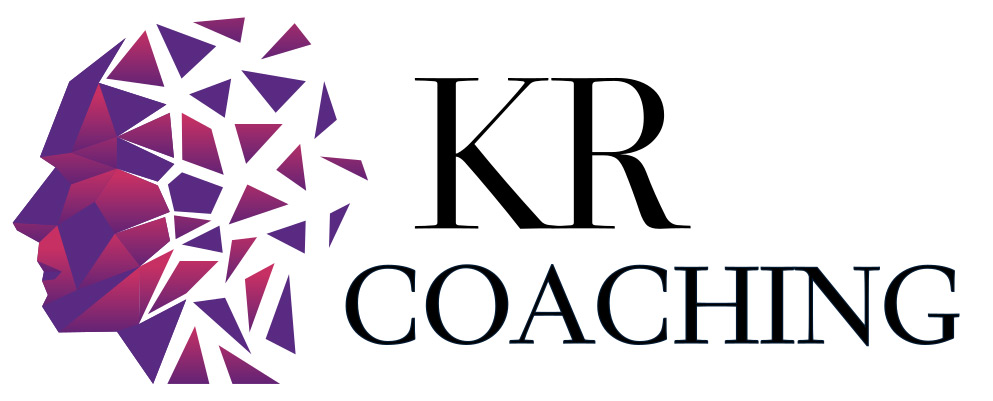
How Your Teen Can Improve Their Self-Image; Without Deleting Their Apps

-
1 in 3 girls had worse issues with body image
-
Of those who reported feeling “unattractive”, more than 40% said the feeling began on Instagram
-
A quarter of the teen users feeling “not good enough” said the feeling started on the app
When first reading these findings, a parent’s first instinct may be to delete the app from their teen’s phone.
I get it; teens, especially girls, are experiencing serious negative feelings associated to using Instagram. While I think limits to social media are healthy and necessary, I want to share ways your teenager can improve the way they view themselves, without deleting any app
Your teen’s thoughts about them
Putting the phone aside, turning off the TV, without distractions, how do they see themselves? What do they like or dislike? What do they think about their past and future? Consider how they spend their time, the people they surround themselves with, their goals, etc.
This can be challenging at first, because these thoughts have become so habitual that we consider them the truth.
What’s more, realizing the things we say to ourselves can be shocking. And yet, we wouldn’t dream of saying these things to our loved ones.
This inner voice is important to be aware of because it drives everything that we do.
Using Instagram
Now apply the above questions, but when your teen scrolls Instagram. Notice, what are they making these observations (thoughts) mean about them?
If your teen feels an emotion, such as jealousy, why? Does your teen think this person on Instagram has achieved something that your teen believes they cannot?
Since this Instagram person “looks” happy and has many followers, therefore your teen can’t be happy or loses somehow, until they match that person.
The article later explains the concept of social comparison, which can be described as “people assessing their own value in relation to the attractiveness, wealth and success of others.”If your teen already holds a low opinion of themselves, they may be comparing themselves to others on Instagram and finding evidence for what they already believe. Including the amount of likes and followers a profile has provides further confirmation.
While one could argue this thinking process is more concentrated while using Instagram, we can make comparisons in any setting.
The best of both worlds
When we uncover the thoughts we regularly have about ourselves, we have options!
- Challenge the thoughts by questioning if they are true or useful
- Decide if they want to keep thinking these thoughts
- If not, decide what they want to think instead
We get to decide our own value, regardless of what others say or society deems popular. When your teen uses Instagram and sees a post where someone has something that they want and don’t have, it’s a chance to feel inspired or a sense of possibility.
On the other hand, maybe your teen doesn’t like the trend that is “popular”, which is fine! They can own that from a place of security and peace.

I want to share with everyone, especially young people, recognize thoughts for what they are; thoughts.
We have thoughts. But we aren’t our thoughts.
When your teen learns how to be aware and supervise their thinking, they can feel empowered in ANY setting.


 Have you ever felt so overwhelmed that tackling your to do list feels equivalent to hiking a mountain? Your mind is flooded with questions like where, when, and how to begin your trek. Then someone says, “just start” or “do the best you can”, “have you e-mailed your guide?” While well intended, not helpful.
Have you ever felt so overwhelmed that tackling your to do list feels equivalent to hiking a mountain? Your mind is flooded with questions like where, when, and how to begin your trek. Then someone says, “just start” or “do the best you can”, “have you e-mailed your guide?” While well intended, not helpful.